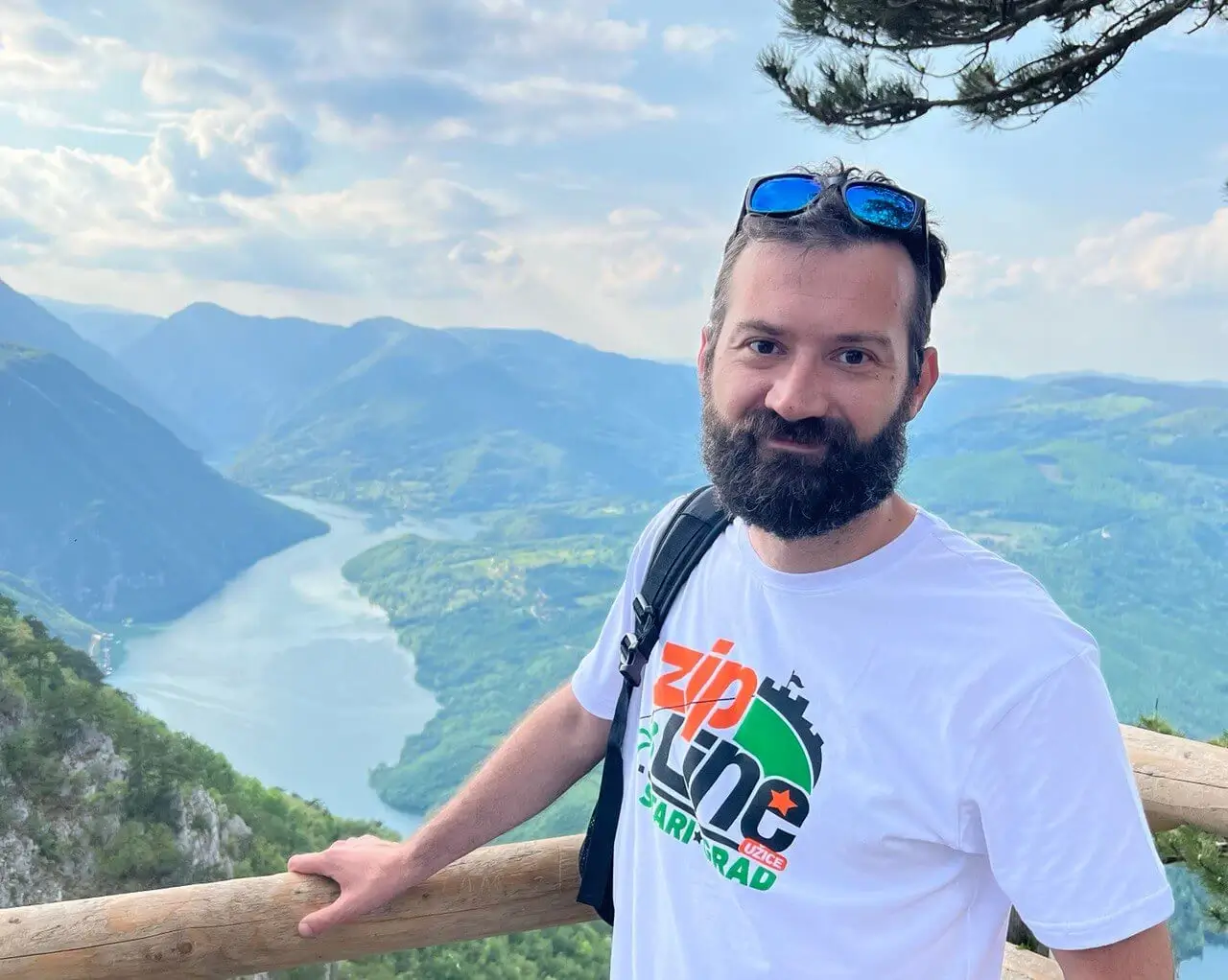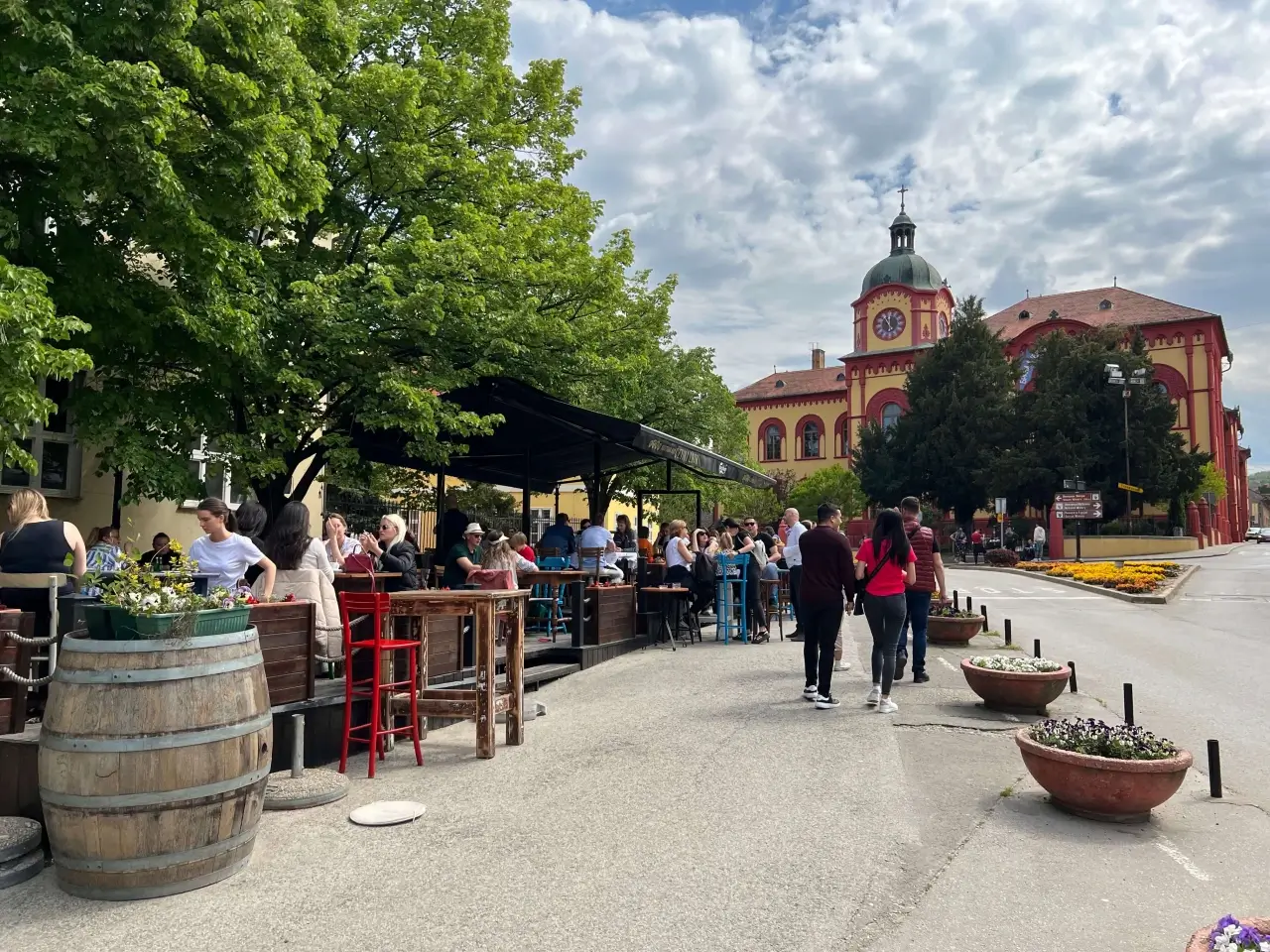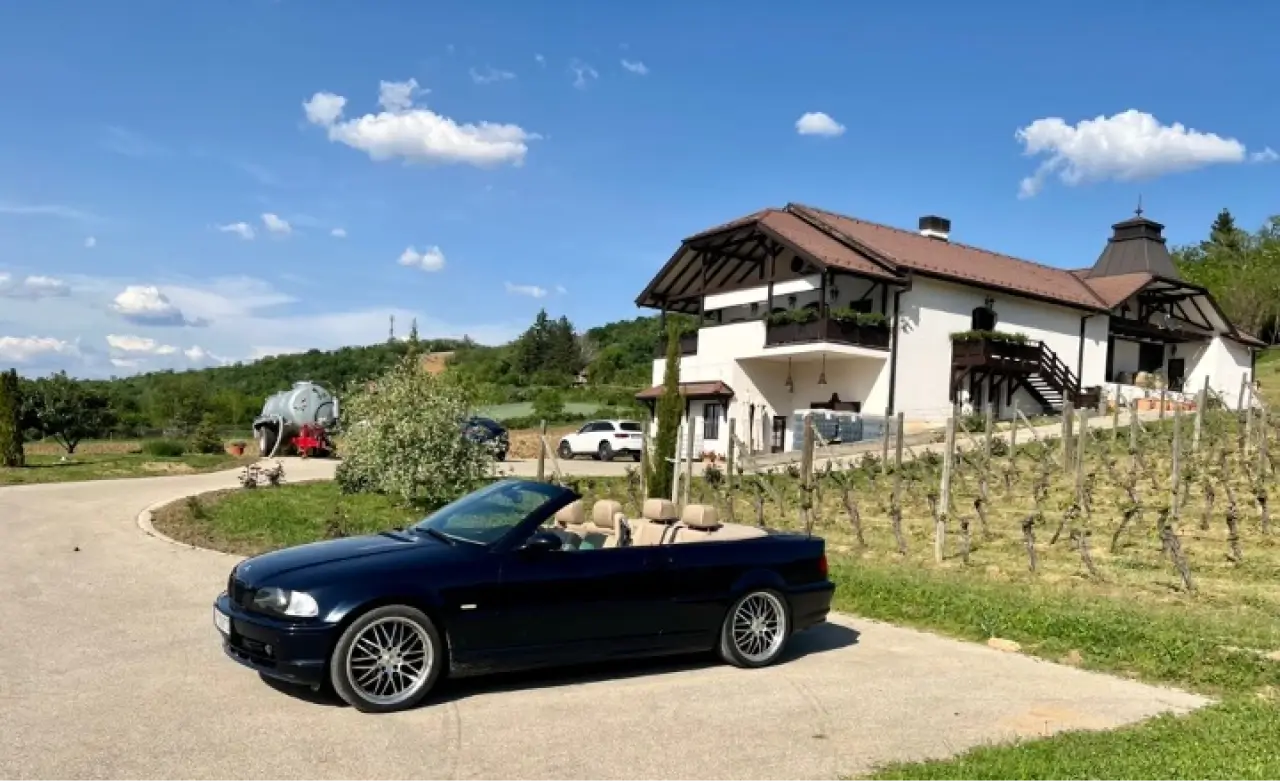"Prepare your white cardboard": what you need to know to relocate to Serbia
How to move to Serbia? What documents do I need when moving from Russia? Is it safe? Where to relax? These and other questions, such as how much a BMW e46, Peugeot 207, and AlfaRomeo 159 cost in Serbia, are answered by Anton Karzhavin, Senior Business Analysis Manager at EPAM.

Why Serbia?
— I like good food, travel, and cars. Everything came together in this place — Anton immediately indicated his priorities.
— Relocation for me is, first of all, an adventure: extraordinary, exciting, and with new opportunities. But it is important to take deliberate steps and not lose a lot of money on this path.
Initially, like any business analyst, I wanted to collect the critical factors for me when choosing a country: security, financial conditions, labor market/community, culture/leisure, and cost of living expenses. Write them out in a column, and fill in the coefficients: all the pros and cons must be comparable. Add to this table my current location and potential countries to move to. Then, after calculating the "total," it will immediately become clear that the countries with low security, poor labor market, and underdeveloped recreational opportunities are not an option for me. The other extreme is high security but a catastrophic drop in living standards. But there are exciting options among them.
It is possible to come to Serbia without visas: for Russians, it is enough to have a valid passport — you can start applying for long-term residence status, residence permit, or even citizenship right on the spot. The country is good in terms of climate, geographical location, proximity to the customer's time zone and culture, widespread knowledge of English, and the affordable standard of living.
Filling out
So, you arrive in the country, check into a hotel or apartment and start looking for permanent housing. This can take a week or two, depending on your wishes and budget. If you've set, the owner of the apartment should provide the following documents:
- "White cardboard" — the analog of temporary registration, for which you have to go to the police;
- Your real estate contract (not necessary in all cases);
- Long-term rental agreement (one year or more);
- Your ID, from which you need to make a readout (I do not know what it is called in Russian, in English, it is called ID readout).
These documents allow you to open a bank account, and after that, you need to apply for a residence permit. With a residence permit, you can already buy a car or an apartment if you have such a desire. Then you need to issue a Work Permit (for this, you need a diploma and CV). By the way, the IT sector here is already negotiating a lower tax rate.
Leisure and expenses
— In Serbia, there are many opportunities for leisure and travel. There are five national parks, ten ski resorts, numerous trails for hiking, and a beach in the city center on the shores of Lake Sava. All kinds of sports are available - running, climbing, public volleyball courts, cycling, karting. Within a radius of 400 km, there are five countries where you can travel relatively inexpensively: even just for a weekend trip.

Food costs are, shall we say, usual: something is cheaper, something is more expensive. There are lots of restaurants and cafes, and the deliveries are good. Serbia is a meat territory. Everyone loves it and knows how to cook it, though my colleagues who have different diets have already found something tasty for themselves. There are many wineries near Belgrade, and their tours can be fascinating.
What impressed me was the car prices. Especially for convertibles, which are more of a luxury item in Russia, but here are quite usual. For example, a BMW e46 Cabrio can be found for 4,000-5,000 euros and a Peugeot 207 for 1,500-2,000 euros. A gorgeous station wagon AlfaRomeo 159 in good condition is about 3,500 euros. But it's necessary to consider that engines with a volume over 2.0 immediately double the annual tax. Gasoline here is expensive (and cabs, respectively, too), parking in the center is paid, and maintenance costs are higher. So if you use the car daily, it can be a significant expense. But as a weekend option — the expense can be shared with friends. Another option — if anyone's interested, of course - is a motorcycle.

Safety
— Security indexes will tell you that Serbia is safe. And it's true. Nobody locks cars here, you can leave your phone on the table, walk away, come back, and nobody will take it away. I lived pretty far from the center, on Goce Delc'eva Street, where there is a lot of street food. One night a car pulled up with some guys in tracksuits and short haircuts. They were playing music quite loudly while waiting for their pleskavica (the national dish). I went up to them and told them the music was too loud. They immediately apologized and turned it off.
Although I'll be honest, Belgrade is a bit dirty; you can smoke everywhere (including in restaurants), and there's a lot of graffiti. The first impression is that a time machine took you back about 15 years. Music from those times, pay phones in the street, and everybody is used to paying in cash. People park on the sidewalk, don't let pedestrians pass, and break the traffic rules. But also they are very friendly and open, always ready to help. And it's very green everywhere!
The community
— I've been living in Belgrade since March 3. At the same time, the IT market was already developed, and now a large number of other IT companies have moved here, so their IT community is already formed (conferences, labor market, communication environment, etc.). This means that you can find like-minded people, ready-made solutions, or somebody willing to help with any question that comes to your mind.

.png)
